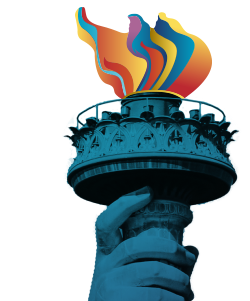“My parents were both illiterate, but they valued the importance of education,” Aziz Sancar said in 2005, when he became the first Turkish-American elected to the National Academy of Sciences. Trained as a physician, Sancar won the 2015 Nobel Prize in Chemistry for his work on mapping how cells repair damaged DNA. “These discoveries have increased our understanding of how the living cell works, the causes of cancer and aging processes,” the Nobel committee said. Sancar donated his entire $310,000 prize award to the Aziz & Gwen Sancar Foundation, which he founded with his wife to promote Turkish-American cultural exchange and support Turkish students at the University of North Carolina, Chapel Hill (UNC), where he has been a professor since 1982. The biochemistry lab that he leads studies DNA damage repair, cell cycle checkpoints, the circadian clock, and the coupling of these processes in organisms ranging from E. coli to mice to human cells. Sancar, a member of the National Academy of Medicine, recently said: "We think understanding the precise ways our circadian clocks work is key to slowing the progression of cancer.” Updated 2018
Aziz Sancar
Biochemist and Biophysicist, University of North Carolina, Chapel Hill
Born in: Turkey

More 2016 Great Immigrants

Hari SreenivasanAnchor and Senior Correspondent, PBS NewsHour

Len BlavatnikIndustrialist, philanthropist

Mehret MandefroPhysician, anthropologist, filmmaker

Ana Luz PorzecanskiConservation Biologist, Director, Center for Biodiversity & Conservation, Museum of Natural History
Get the Carnegie Reporter and our best articles delivered to your inbox.


